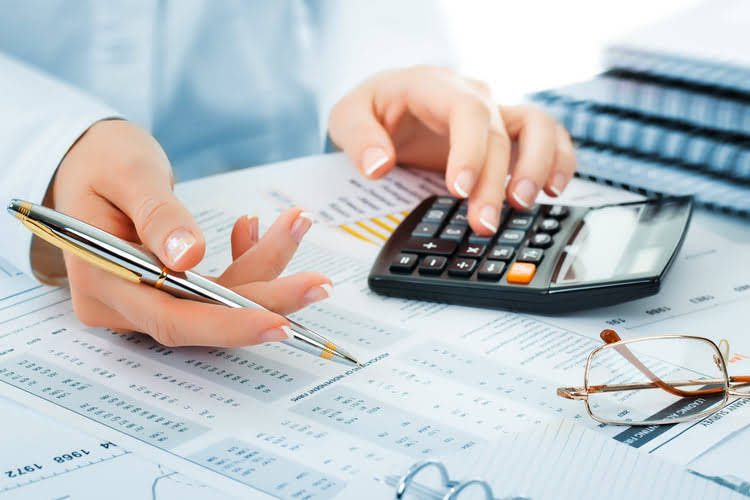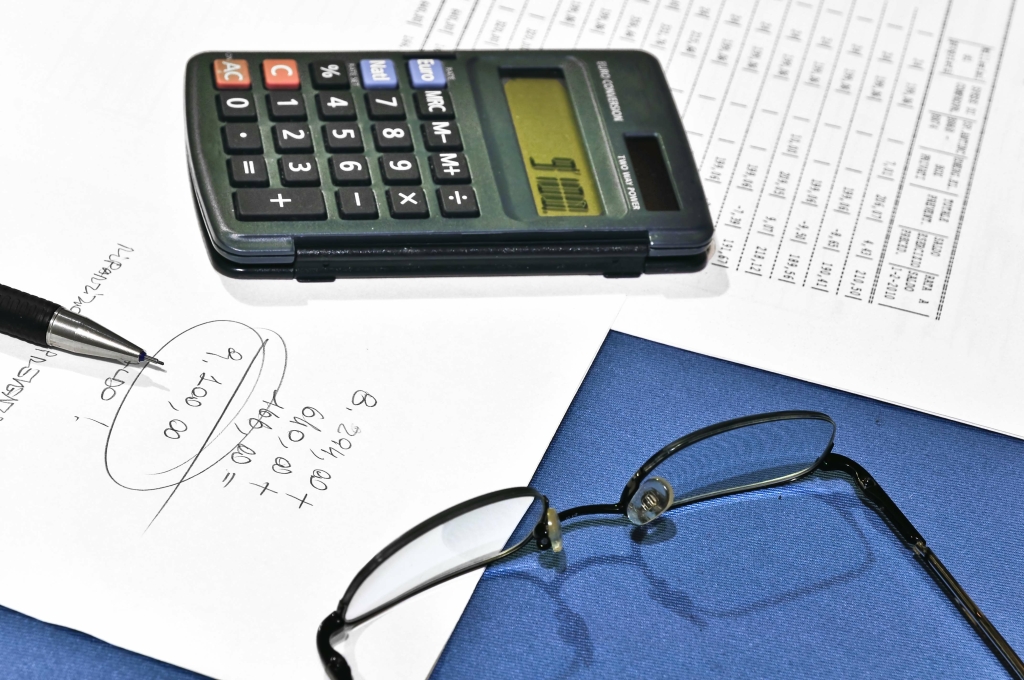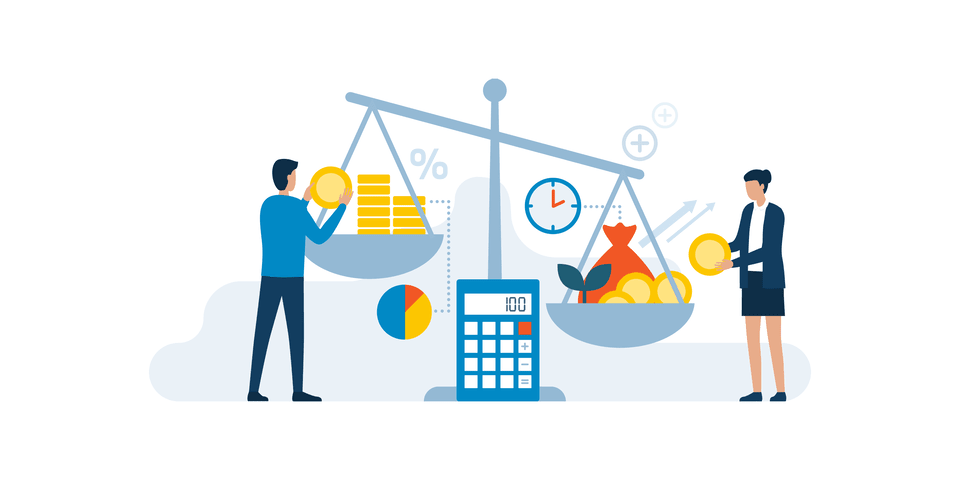How do you calculate an asset’s salvage value?

This method requires an estimate for the total units an asset will produce over its useful life. Depreciation expense is then calculated per salvage value year based on the number of units produced. This method also calculates depreciation expenses based on the depreciable amount. Overall, the Units of Production Depreciation Method can be a useful tool for accurately calculating the salvage value of fixed assets.
Methods for Determining Salvage Value

When it comes to vehicles, salvaged or not, an older vehicle is worth less than a newer vehicle. In terms of salvage value, an older vehicle may take more of a hit than a newer vehicle. Sarah Sharkey is a personal finance writer with a master’s degree in management from the Hough School of Business at the University of Florida. She has written for numerous personal finance publications including Money Under 30 and The College Investor.
- But generally, salvage value is important because it’s the value a company puts on the books for that thing after it’s fully depreciated.
- It is a key component in calculating depreciation, which is the process of allocating the cost of a tangible asset over its useful life.
- Remember that while formulas and methods provide a framework, real-world judgment and context play a vital role in determining salvage value for specific assets.
- As the existing assets are superseded by more advanced & superior ones, they undergo a significant decrease in the value.
- Accumulated depreciation is another key factor, which is the total depreciation expense taken during the asset’s class life.
- Some account for it, while others assume the asset will have no resale value.
- Many companies use a salvage value of $0 because they believe that an asset’s utilization has fully matched its expense recognition with revenues over its useful life.
Everything You Need To Master Financial Modeling
If you purchased Replacement Cash Value (RCV) coverage, you would be paid the cost to replace your vehicle with a comparable new one. Understanding salvage value aids in making informed investment and asset management decisions. It can influence whether to continue using an asset, upgrade it, or dispose of it. Manufacturing and Medical Billing Process EquipmentIn manufacturing, machinery often has a significant salvage value, impacting budgeting and investment decisions.
- When it comes to vehicles, salvaged or not, an older vehicle is worth less than a newer vehicle.
- From an accounting perspective, it affects companies’ depreciation and amortization expenses.
- The resale value at the end of an asset’s useful life is defined as the estimated or expected salvage value.
- From the perspective of the insurance company, salvage value is an important consideration when determining the payout for a total loss.
- This information is crucial in budgeting for asset replacement and planning for future capital expenditures.
- Book value is the historical cost of an asset less the accumulated depreciation booked for that asset to date.
Scrap Value Formula
This approach is based on the assumption that an asset will lose value more rapidly in the early years of its life and will depreciate less QuickBooks as it ages. This method is a form of accelerated depreciation, meaning that it allows for more significant deductions from taxable income in the early years of an asset’s life. While this approach can be advantageous in some cases, it also has its downsides, and it’s essential to understand its limitations before deciding whether to use it. The salvage value plays a pivotal role in determining depreciation expenses. It affects not only the financial reporting and tax calculations but also managerial decision-making and investment strategies.


The salvage value can be determined by various factors, such as the age of the asset, the extent of the damage, and the demand for the asset’s parts. Understanding the factors that affect salvage value is crucial for insurance companies, salvage yards, and anyone involved in the process of assessing the value of an actual total loss. In this section, we will discuss the key factors that affect the salvage value of an asset. The acquisition cost, or purchase price, includes the initial investment in an asset. It encompasses not only the purchase price but also expenses like delivery, installation, and modifications necessary for the asset’s use. According to Generally Accepted Accounting Principles (GAAP), these costs should be capitalized and reflected on the balance sheet as part of the asset’s recorded value.

